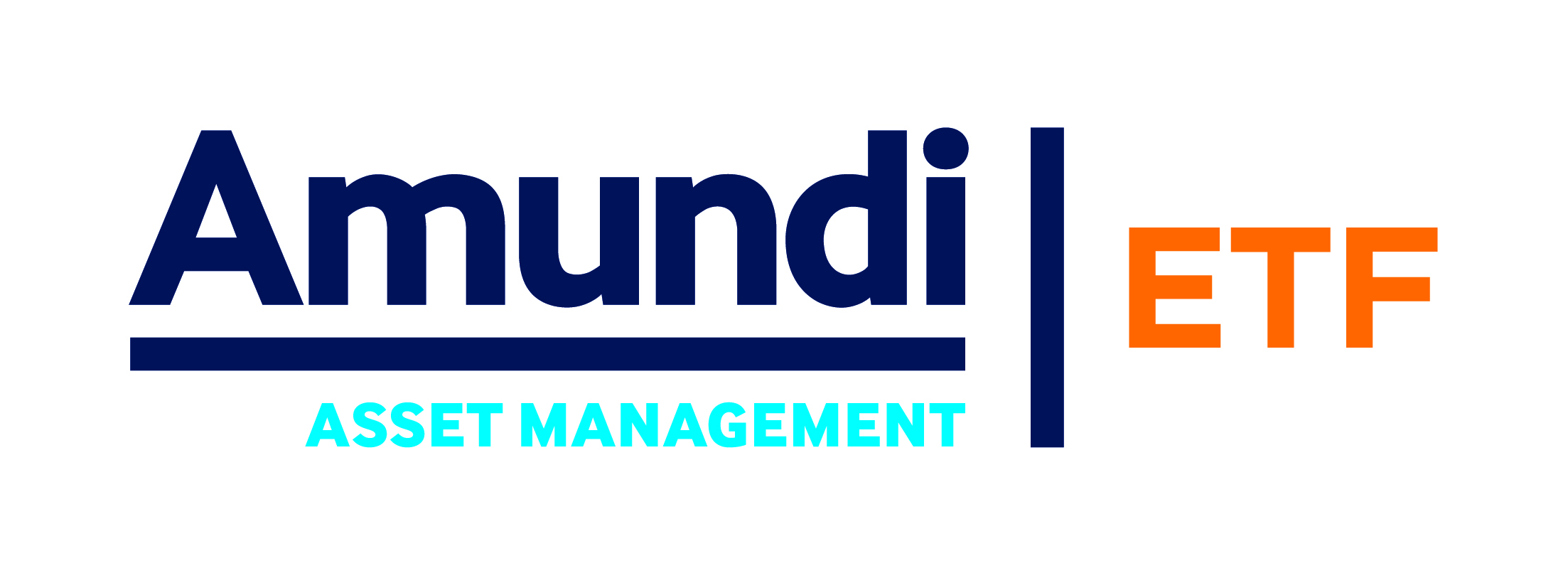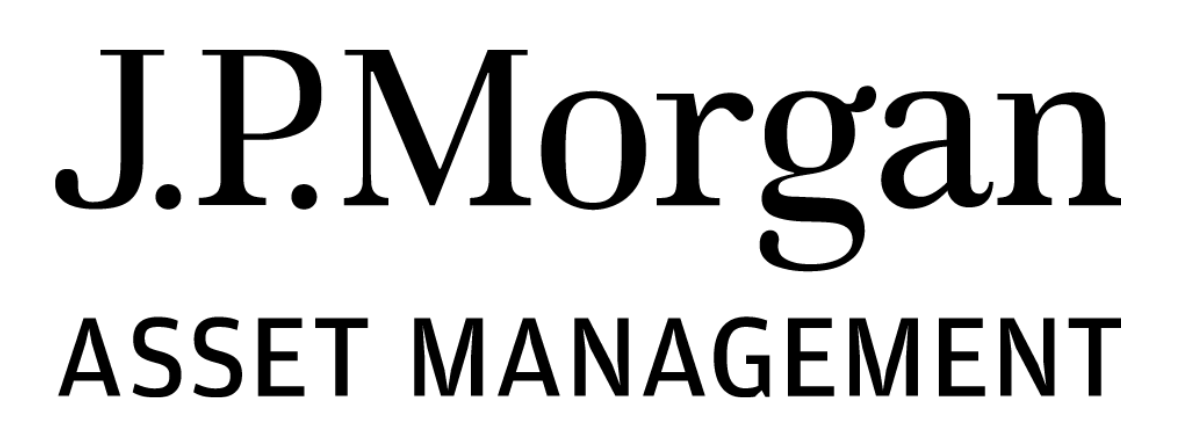Despite the surge in popularity of environmental, social and governance (ESG) investing, concerns are mounting about how the growth of ETFs may be fortifying some of the world’s worst polluters, according to research conducted by Reclaim Finance and UrgeWald.
The report, entitled Slow Burn: The asset managers betting against the planet, found less than half of the 29 asset managers surveyed had any form of policy or exclusion criteria covering assets going into coal companies.
Some of the worst offenders for coal investment were also the most well-known investment names, including BlackRock, Vanguard, State Street Global Advisors, JP Morgan Asset Management, Invesco, Legal & General Investment Management (LGIM), UBS Asset Management, DWS and Amundi.
Of the €13trn managed ‘passively’ by these nine industry giants, less than 3% of these assets are currently covered by coal exclusion criteria. Of the entire sample of 29 asset managers, just 25% of all assets were covered by coal exclusion policies.
The rift between words and action
While being signatories of the Net Zero Asset Managers initiative, Vanguard and DWS have not adopted any coal exclusion policy, while issuers such as BlackRock, LGIM and UBS AM have policies which apply to less than 40% of their total assets under management (AUM).
Overall, 18 of the sample group have no public rules to exclude coal investment from their passively managed products, while just three apply coal exclusions to all their passive investments.
Another issue identified by the research is that even when coal policies are applied, only two asset managers – Ostrum and AXA Investment Management – can be considered to have ‘robust’ criteria. Likewise, only 20% of managers exclude companies with coal expansion plans.
Unfortunately, even an ESG product means investors aren't protected from coal exposure. Of the €23trn covered by long-term climate commitments, only €3.4trn exclude companies with coal expansion plans.
Furthermore, of the seven managers excluding coal from ‘some’ of their ESG products, only DWS, LGIM and Amundi apply coal policies to all of their products labelled sustainable.
ETFs cannot be passive on ESG
The report noted that passive investing now makes up 33% of the European equity market and 50% of all assets in the US, and as such the climate commitments of ETF issuers should be increasingly in focus.
At present, the world’s two largest ETF providers, BlackRock and Vanguard, account for 17% of all institutional investment in the coal industry with a combined sum of approximately $170bn.
According to the research’s authors, flagship index funds are the most crucial areas for improvement as these products not only offer coverage of attractively extensive ranges of securities but as such also tend to attract the greatest sums of capital.
Currently, the thermal coal intensity of BlackRock’s passive funds is twice as high as its active products. The report said this can be changed by either changing an ETF’s underlying index or by influencing indexers to exclude coal during the construction process.
Index construction in focus as thematic ETF inflows surge
A major excuse used by issuers for ESG non-compliance is the need to adhere to an index. With asset managers selling products based on not deviating from an underlying index, they claim they cannot be selective about the investment baskets of their passive funds – which may include coal companies. On this basis, their only option for recourse is through voting action on climate risk.
Fortunately, this is not the case. Aside from index selection being a choice actively made by issuers – they can therefore choose an index without coal companies – seven of the asset managers surveyed said they are currently speaking to index providers about implementing minimum exclusions on standard indices. It is also worth noting that managers are free to choose how rigidly their products track their underlying indices.
Given growing investor support and in turn their agenda-setting power, passive issuers can also use the threat of divestment to sway index construction to adhere to climate policy.
What needs to be done
The baseline for meaningful action towards climate goals is for all asset managers to introduce minimum coal exclusion criteria to all investment mandates, the report stressed.
Given the size of the existing passive product range, Reclaim Finance said much needs to be done to apply exclusions to all companies’ existing rosters rather than just new entrants.
Only one manager – DWS – has said they will apply such criteria to all of their existing products, though no timeframe for doing so has been disclosed. Regarding products yet to be launched, only LGIM has committed to systemically apply coal criteria to all future passive funds, though the research states these criteria are based on ‘weak’ exclusion thresholds.
At present, half of the asset managers surveyed are publicly requesting that companies they invest in comply with the Paris Agreement but none systematically define a timeframe or enforcement. So, for now, their clients are exposed to assets being stranded in the high-polluting coal sector.
Further reading












